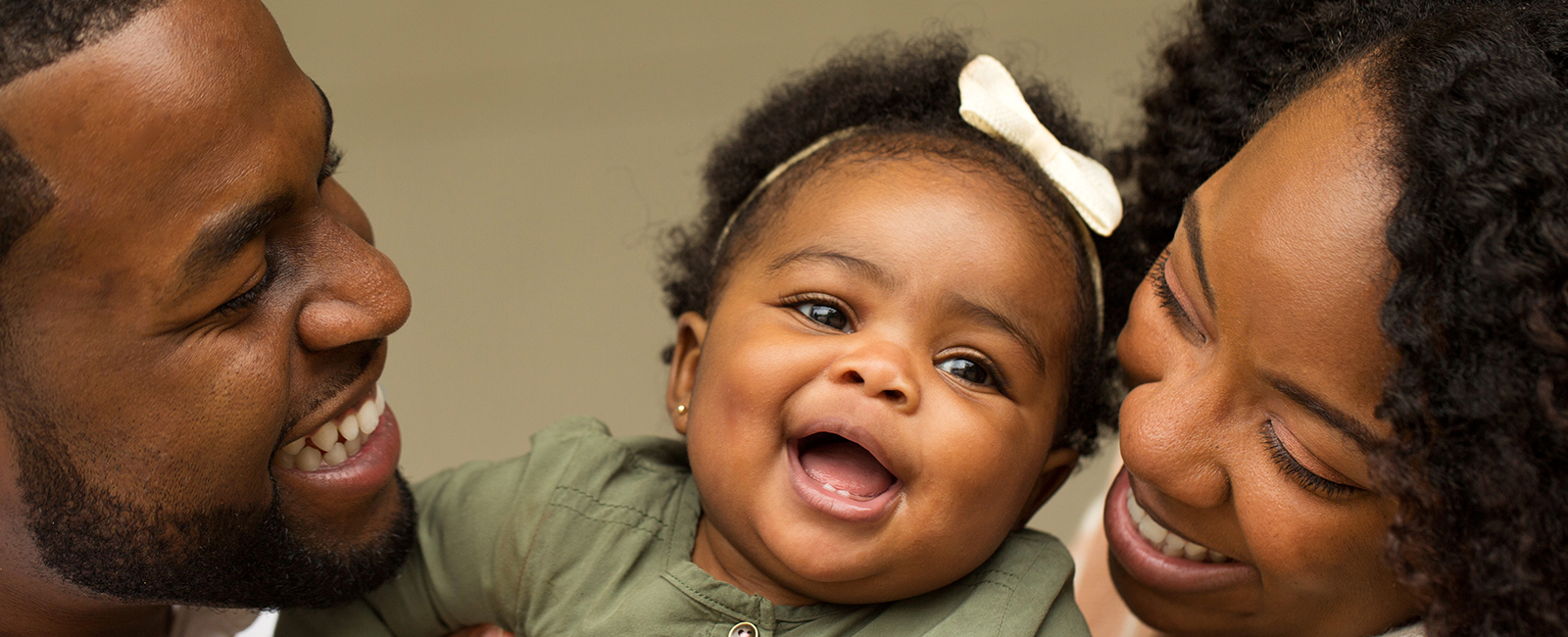A Q&A with NVFS Mental Health Coordinator Leslie Wilcox
An individual’s path to experiencing homelessness can oftentimes be accompanied by a host of other concerns. Questions of where they will lay their head that night can be masked by worries of food insecurity, transportation troubles and even mental health issues.
Mental health services in homeless shelters are essential for assisting those in need with the tools to build brighter futures. That’s why Northern Virginia Family Service implemented a mental health coordinator to work with guests in our SERVE Family Shelter and Hilda Barg Homeless Prevention Center, as well as our Early Childhood Education programs.
“It is a truly unique position, and I love working with people,” shares our new coordinator, Leslie Wilcox. “There is a stigma about homelessness and mental health that I hope to dispel, and I work hard to ensure that everyone in the shelters understands how nonjudgmental and supportive mental health personnel can be.”
Wilcox’s role includes:
- working in the homeless shelters to reduce wait periods for the Community Services Board or Greater Prince William Health Centers
- referring shelter guests to different places in the community that can assist them with mental health concerns
- working with families and individuals with mental health needs to reduce recidivism (returns to homelessness)
- working in Early Head Start (EHS) provider centers to ensure that the assessments are in the files, and to work with parents/children with consent with developmental needs/concerns
- referring families in the shelters to EHS as needed
- referring parents of EHS children to Child Find, which helps connect children who are potentially eligible for services under the Individuals with Disabilities Education Act (IDEA) with needed resources, if they need further assessment.
We had the opportunity to chat with Wilcox about her new role and its impact in uplifting both children and adults experiencing homelessness.
Q: Why do you think it’s important to have mental health coordinators in homeless shelters?
I think it is important that mental health coordinators are placed in shelters for many reasons:
1) to reduce stigma with this population about mental health,
2) so that this population can get the help they need in a supportive, nonjudgmental environment, and
3) to engage in meaningful discussions to help reduce homelessness and trauma.
The value that the role brings to guests is that it’s indicative of humanity and caring for people in need. Many past residents of the shelter have been in touch with me stating how much they appreciated being able to talk about their problems, both past and present. It is also easier for families to understand that there are programs out there that want to help support them as well, such as EHS.
Q: What impact can a mental health coordinators have in a child’s development?
The impact is that the child receives the help he or she needs in a way that provides necessary positive, structured and meaningful skills. Parents receive positive psychoeducation about child development and well-being for their child, and children can receive one-on-one experiences that will enhance their developmental skills. Furthermore, the child can receive the assistance he or she needs for whatever developmental concerns are present — speech therapy, for instance. Referring sources for parents to help their children only enhances the relationship between families and providers.
Q: What are the greatest impacts you’ve seen in both children and adults who have worked with mental health professionals?
The greatest impact I have seen is the alliances that are built, and the children and adults feel they have a voice with someone who listens to them without being judgmental. Some parents have “aha” moments after working with a mental health coordinator, and some adults have found hope in living.
Q: Do you notice a significant increase in the need for mental health services to individuals experiencing homelessness? Are there any language and/or cultural barriers to consider?
Yes. People have come from all over the world, with cultural barriers, language barriers, stigma related to mental health, and childhood traumatic experiences. Some have co-occurring diagnoses, and never have seen a doctor because of monetary issues. Some use substances as a crutch, and others have suicidal ideation and a loss of hope for the future. Others are struggling as a family, and young ones are affected by stress as well.
As a nation, mental health for children and the homeless would be an intervention that could prevent future relapses. Culturally, being aware that mental health needs are presented in different manners is important, and understanding that culture and language is a barrier is equally as important. Knowing professional translators who can assist families in homeless shelters shows respect and cultural awareness. This can then build pathways to the help that is needed.
Q: What’s one clarifying statement about mental health you’d like for our community to know?
Listening to someone, no matter where they came from, is perhaps one of the best gifts you can give someone. That is, listening without feeling the need to respond/reply.
Although there is a stigma about mental health, when people are able to voice their stories, it empowers them. What we wish to do is empower, enable, and have people progress in a positive, safe manner by listening and being supportive, or finding ways to help them through certain circumstances with evidence-based best practices that suit that individual or family without judgement.
You may also like:
14 Questions to Determine Your Health and Well-Being
The Transformative Power of Therapy Dogs in Professional and Personal Environments


